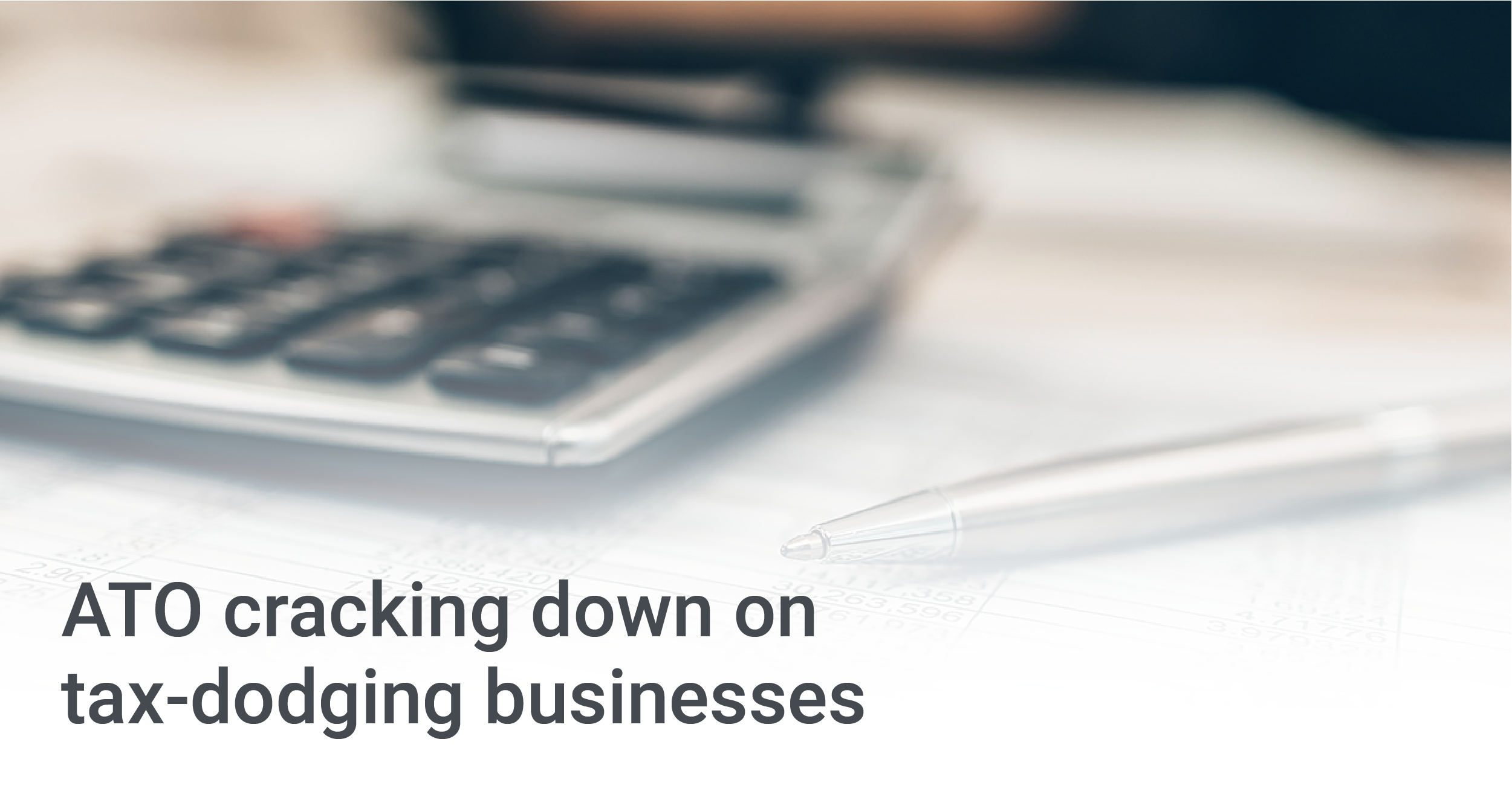
The ATO is cracking down on the shadow economy by using tip-offs from members of the public.
The Australian Taxation Office said it had received 43,000 tip-offs about black economy behaviour in the last financial year, with the most common reports being for businesses:
- Demanding cash from customers
- Paying workers in cash
- Making sales but not declaring them
The industries that received the most tip-offs were:
- Building and construction
- Hairdressing and beauty services
- Cafés and restaurants
- Road freight transport
- Management advice and related consulting services
ATO assistant commissioner Peter Holt said it’s not just businesses the ATO is watching.
“We know that many customers also demand to pay in cash and ask for discounts to avoid paying tax, and we also know that many workers are demanding cash, especially where there is a shortage of labour,” he said.
“Our message is — regardless of which party is driving the behaviour — it’s illegal and we’re on to it.”
Aside from ATO cracking down the tax-dodging activities on the shadow economy, it has also previously warned small businesses that it will focus on three main areas when assessing the FY22 tax returns including overclaiming expenses, omitting income streams and record keeping.
Another thing to note is that the above-mentioned practices, like getting paid in cash and not reporting the income, is not only illegal but also works against you when seeking to qualify for a loan. When calculating your borrowing capacity, the lender will rely on your income as it appears in your official documentation.
This includes your financial statements (profit and loss, balance sheet), business and individual tax returns, and your notice of assessment.
Legal tax minimisation is ok, of course. But tax-dodging is not and the consequences are serious.
